Amid the mundane sounds of the household, the gentle murmur of the kitchen sink, the insistent ticking of the clock and the constant white noise coming from the television, a sweet melody rings freely and clearly through the Shaik household. The afternoon sunlight shines lazily through the numerous living room windows, framing freshman Samir Shaik’s fingers as they delicately dance across the ivory keys of his grand piano. Finally, he pauses and lets the soft notes linger in the air a little longer before abruptly lifting his foot off of the pedal and reaching for his computer, beginning the tricky process of putting this new song to paper.
Shaik’s interest in the instrument began at a very young age: the piano in his living room caught his attention at two or three years old. However, it was not until the third grade that Shaik started taking music more seriously and learning from professionals.
“I had a piano in my house that I would just play around with. I’ve [also] played the violin and the flute a little bit, but piano is the one thing I’ve stuck with,” Shaik said. “But I never practiced when I first started playing the piano. I would just sit and play my own things, come up with my own songs and play them for my family. It was from very early on that I realized that writing music, not just playing [it], is something that I wanted to do.”
Ever since Shaik realized his love for composing music, it has been a constant in his life, influencing his actions.
“Playing the piano has made me appreciate music a lot more, and by proxy, it makes me appreciate life more. Ever since I started composing and playing, I just had this new outlook on life where I think of things in a new way. It’s hard to explain, but it’s taught me the value of hard work,” Shaik said.
Writing music is a stress-relieving activity for Shaik that he often engages in after a tough day at school. In addition, he has applied the skills he learned through playing and composing music to other areas of his life.
“[Writing music] means a lot to me. It’s a way of putting out a feeling that can’t be expressed into a piece of paper. Like how journaling [is relaxing] to some people, composing is that to me,” Shaik said. “Thinking musically is a concept that my teacher taught me and that I still do to this day. It’s thinking in a more free-form, dynamic style and not in any rigid way. Once I learned composing and [thinking like] that, I started incorporating that style of thinking into everything that I do.”
Shaik plays other composers’ music just as much as he writes his own, and he performs in recitals at the Steinway Piano Gallery every winter. In the past, he used to write down his original music onto paper, but he has adopted a more modern approach to this hobby, using apps such as MuseScore and Finale.
“There’s more satisfaction in knowing that you wrote something and especially playing something that you write. I feel closer to a piece that I’ve only played for myself. I wrote it, so I know exactly the style and feeling that I’m trying to capture,” Shaik said.
Shaik received his first composing software as a present from his parents for his fourth-grade birthday. The first composition he wrote was called “Dance of the Seasons,” inspired by Italian composer Antonio Vivaldi’s “Four Seasons.”
“It was really bad. I didn’t know how to work [the composing software], so I was trying my best to do it and there were a ton of wrong notes in there. I was writing things that were impossible for musicians to play in real life. I made one singular flute play three notes at the same time,” Shaik said. “But I always go back to that piece to see how much I’ve learned and grown from that point. It was a lot of trial and error and learning that’s brought me to now.”
When it came to “Dance of the Seasons,” Shaik primarily created his melodies and harmonies by playing multiple notes together and deciding what sounded best by ear. Over the years, Shaik’s composing process has changed drastically, and he uses his ear and his knowledge of chords, music theory and his emotion to create new works. His most recent piece, called “Rainy Afternoon,” was written during winter break about the happiness of starting break, the sadness of ending the semester and the stress of finals week.
“Now [when I compose music], it’s a feeling that I try to capture. It was called ‘Rainy Afternoon’ because I wrote it on a rainy afternoon. All those feelings just came together. Instead of just trying to write, I tried to have an idea in mind of the thing I’m trying to capture,” Shaik said. “There’s a lot of special songs for me. I wrote one when quarantine started called ‘The Days.’ It was a catharsis of all the emotions I was feeling and the uncertainty of the time I was going through.”
Shaik composes music for the piano, flute, electric guitar, string quartet and even full orchestras. He finds that writing for traditional instruments, such as string instruments, is more accessible than composing for non-traditional instruments, such as guitar. Because of the nature of the piano, with an extensive note range and the ability to play multiple notes at once, it’s easier for Shaik to compose music for other instruments on the piano.
“I wrote an orchestral piece called ‘Among the Stars.’ That one’s really special because it was my first time writing an orchestral piece and it turned out really, really good. I [still] feel most at home when I’m writing for the piano. There’s a ton [of songs] I’ve written over the years, but the ones I can personally play always will be more special to me,” Shaik said.
The process of composing for an orchestra or guitar has more steps than composing for the piano, especially since Shaik does not play some of these instruments often or even at all.
“[Composing for an instrument I’ve never played before] is not as difficult as people might think. First, you have to find the range of the instrument. Then you have to find what’s possible. Is it an instrument that can play multiple notes at the same time? Are there any [special] techniques? Like with string instruments, they can pluck the strings and bow the strings. [Once you do] a little research and take that into account, you just have to write according to those guidelines,” Shaik said.
Shaik has composed around 50 pieces for the numerous musical instruments, along with songs he created in his early life that were never put onto paper.
“There are songs that I’ve finished and songs that I’ve just started writing. Whatever emotion I want to capture in the piece is the emotions that I feel when writing it. A lot of times, I’ll start something and just never finish it because I didn’t have a deep enough connection [with that song],” Shaik said.
Shaik is inspired by many things to compose, including the things that happen in his life, the people he knows and his environment. While the amount of time he spends playing and writing music each week fluctuates—especially since school is a new priority— he tries to spend at least a few hours each week on it.
“My music reflects my life in the emotion it tries to capture. I like to think [I’m successful in capturing that], but it’s [open to interpretation] of course,” Shaik said. “It’s helped me cope with some things. I don’t really like talking about my feelings, so writing music about my feelings is a better way of doing it for me. I’ve gotten through some tough times by just putting it out onto a sheet of music, not for anyone else, but for myself. It feels good to release those feelings in any way I can.”
Shaik most often plays his original music for his family, and he often has his mother in the same room or the next room as he’s composing. Because of the nature of this process, his family usually gives him the space he requires to focus.
“I play for my family a lot,” Shaik said. “I don’t find it pleasing to compose in a dull environment, like those practice rooms with the strobe lights and bland walls. I find it appealing to the creative spirit to compose in [my living room], and I like having people around me when I’m composing.”
Over the summer, Shaik was accepted into a composition class at the University of Missouri (Mizzou) that he had heard about from his piano teacher. In order to get in, he had to submit portfolio pieces for review. It was a virtual course that held workshops and taught music theory and composition skills.
“I’m really grateful she shared it with me because otherwise, I wouldn’t have been able to have that experience. When I got in, I was really happy. We’d have group Zoom meetings where we talked about what we’re going to accomplish for the day. We’d compose, have one on one meetings and then at the end, we had a performance,” Shaik said. “I learned how to take a small melodic fragment and expand it into a five-minute long piece by just changing things about it. So it’s really been helpful to me, and I’ve used all of the tips they shared.”
As a part of the final performance, Shaik had the opportunity to go down to Mizzou’s campus and hear his original music played live by professional musicians.
“[It was] a great experience. It’s almost a feeling you can’t capture. I’ve only heard my music played a couple of times. Usually, I hear it played through a [digital interface] or some random sounds library. It’s janky and not perfect. And then when I heard it played by real people, the difference was just insane. It blows me away every single time,” Shaik said. “I’m never going to get sick of hearing my music live. It just feels so satisfying to have it all come together to such a great pleasure like that, especially after such a tough week of composing.”
As he continues to learn and grow in his composition skills, Shaik hopes to pursue a musical career in college. While his plans are not set in stone yet, he hopes to graduate with a music major and continue composing for many more years to come.
“[A career in music] is definitely up there. Music is something that’s been a part of my life for a very long time, so I want to make it something that I do. It’ll enrich my life by incorporating composition and listening to beautiful music into it, something that I feel everyone should do,” Shaik said. “I just love writing music and I want to do something with it. I have a couple of different ideas where I could go, but it’s a path I’m pursuing.”
Click here to listen to Shaik’s newest song, “Rainy Afternoon.”

![Smiling with Parkway North seniors Sarah Ham and Alison Lam (second and third from right), eight West state qualifiers hold up the iconic DECA symbol. The program has connected over 7,000 high schoolers, giving students the opportunity to network and expand their social circle. “Getting along with people that might be different from you is the most important part of DECA. You learn things about people that you originally wouldnt talk to, and its nice to know how to work with other people [as well as] make new friends in a different area,” junior Laya Krishnakumar said. Courtesy of Laya Krishnakumar](https://pwestpathfinder.com/wp-content/uploads/2024/04/IMG_7918-1200x675.jpg)
![Latin students pose for a group photo in front of historical ruins in Italy. From March 13 to March 23, the Latin department traversed cities in Italy to immerse students in an educational experience of a lifetime. “I enjoyed being able to learn about the different cultures. [The trip] encouraged me to see other peoples lifestyle and learn more about different histories,” senior Suraiya Saroar said.](https://pwestpathfinder.com/wp-content/uploads/2024/04/PXL_20240318_092633493.jpg)
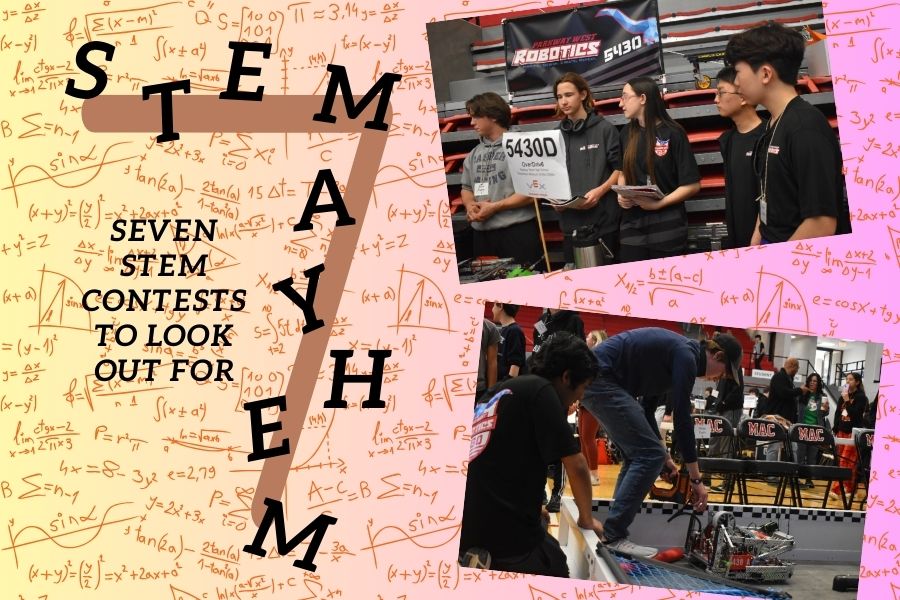
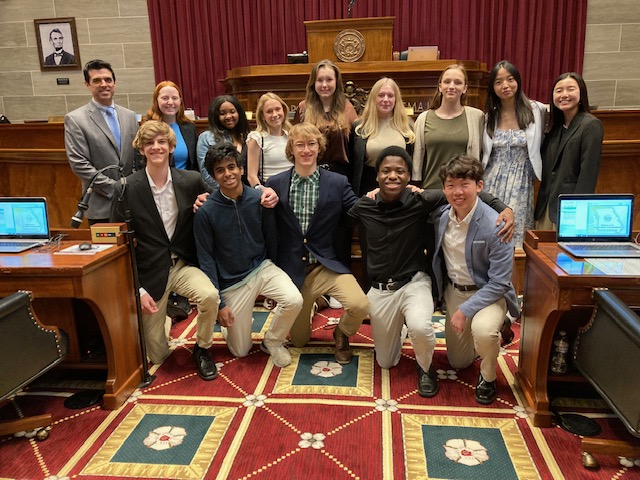
![Members of concert band work to play the soaring melodies of Crowns of Glory by Jack Wilds during their winter concert. Because of the pieces difficulty, the band had to work together extra diligently to make it sound concert-ready. [Band has] helped me [with] teamwork because its not just an individual thing. The whole group has to be put together to make something amazing, Concert Band member and sophomore Ella Bruner said.](https://pwestpathfinder.com/wp-content/uploads/2024/03/unnamed-3-1-1200x800.jpg)
![From Jan. 22 through Feb. 1, Parkway West High is displaying a wide array of art pieces made by students ranging from elementary to high school. All classes were represented on the displays in both the art wing and the main foyer of the school. “[Art] benefits me because in the middle of a busy day. I can just relax and have some fun doing art and it makes me happy. I think its important that you show art in the art show so that people can get inspired by it and be inspired to create their own pieces; it’s really impactful,” sophomore Dhiya Prasanna said.](https://pwestpathfinder.com/wp-content/uploads/2024/02/image1-1200x800.jpg)
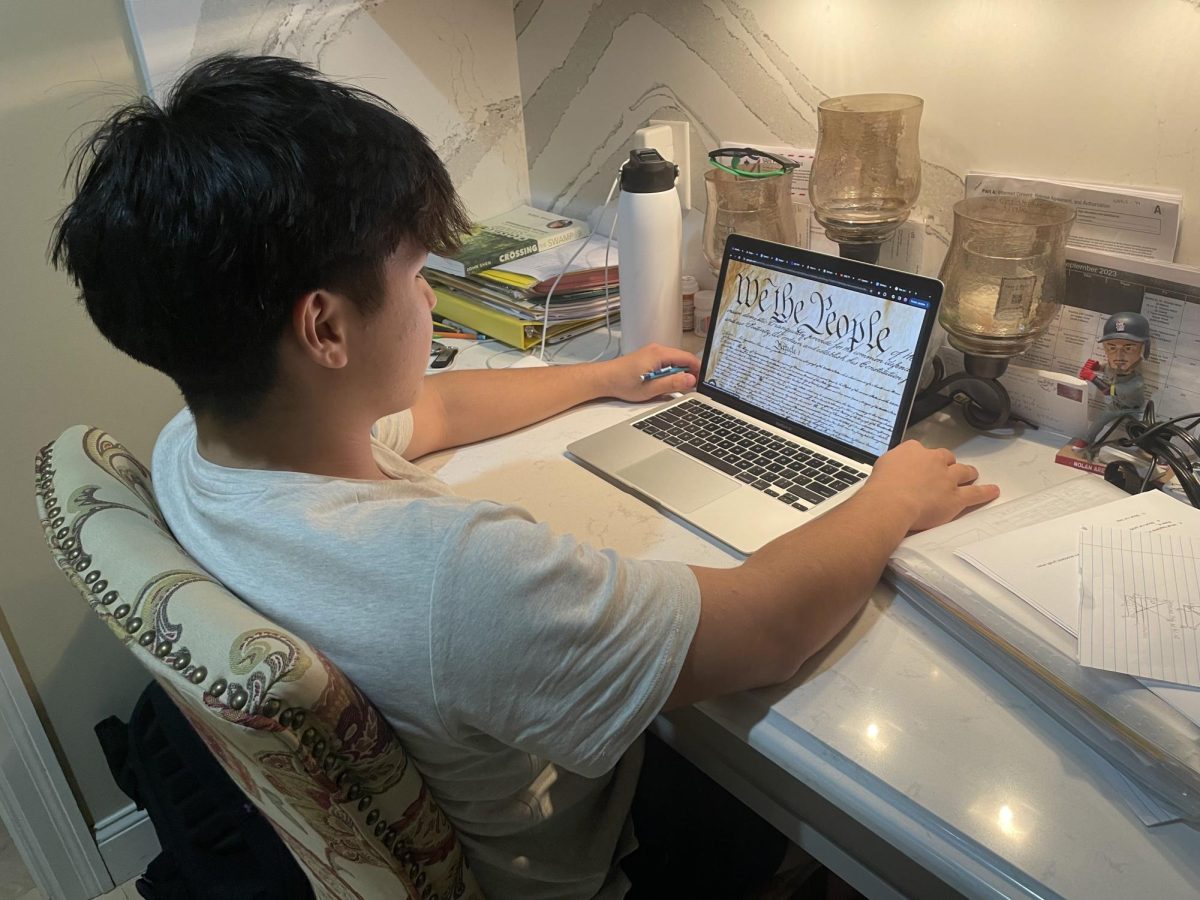
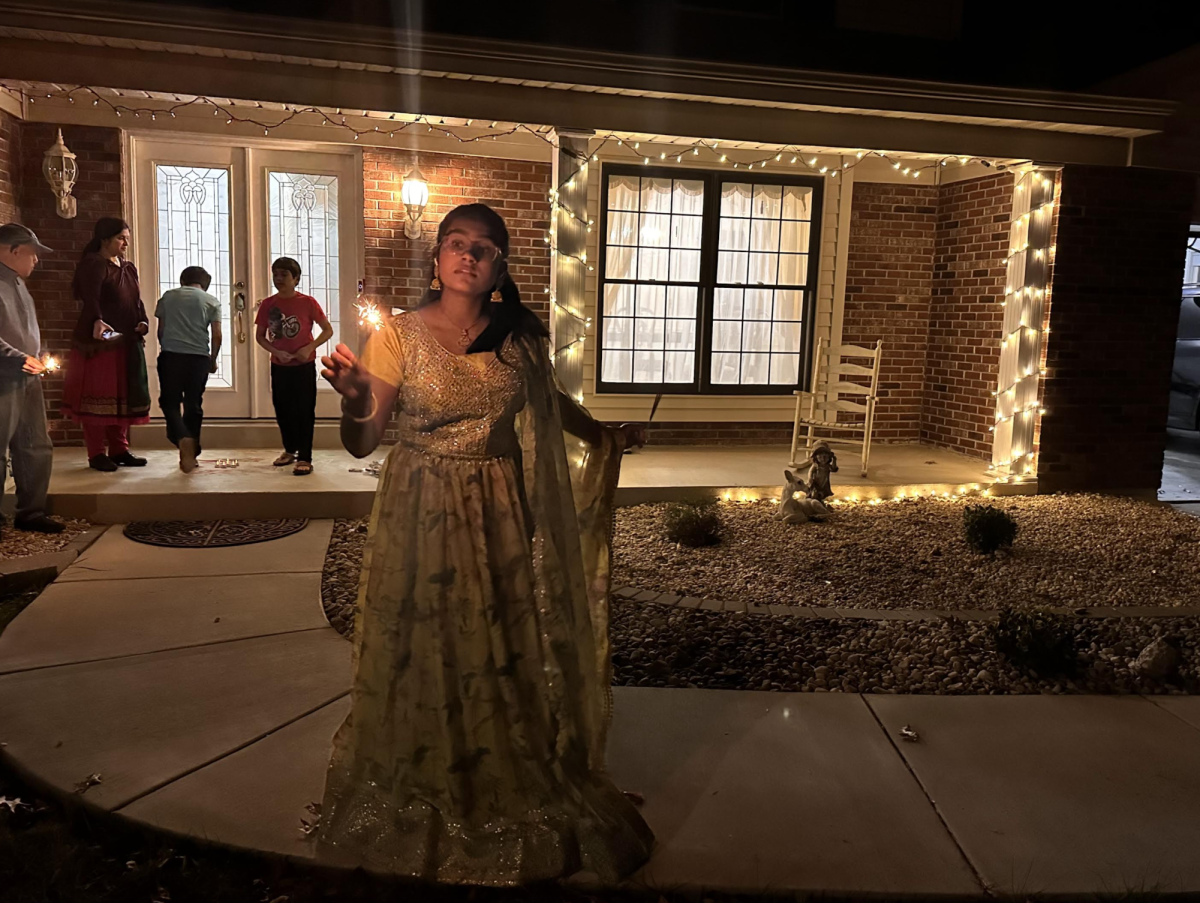
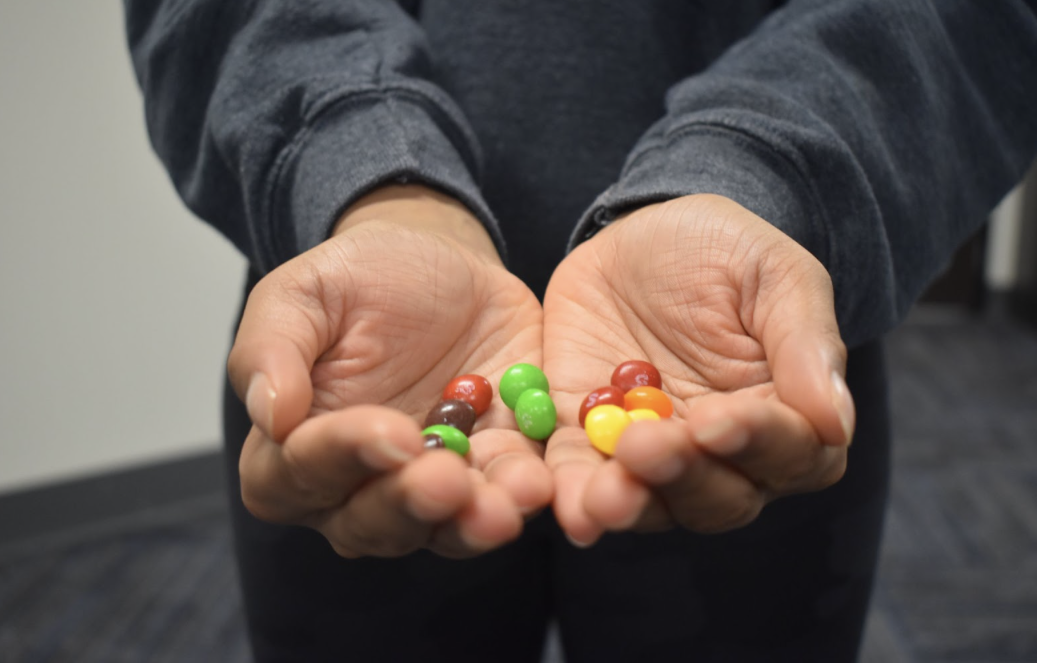

![Moviegoers smile for a picture after watching the Bollywood movie “3 Idiots.” The event ran from 4-8 p.m. on Saturday, March 9 and was open to students across the Parkway School District. “I decided to come to the movie night because I wanted to introduce my non-Indian friends to the rich culture and entertainment of Bollywood. One of my favorite parts [of the night] was the combination of [the] amazing food and the pure comedic entertainment. [It] was unmatched,” sophomore Aryan Allu said.](https://pwestpathfinder.com/wp-content/uploads/2024/03/IMG_5479-e1710180016483-1200x900.jpg)
![Senior Kylie Secrest volunteers at the blood drive signup table.The table provided students aged 16 and up with information about the drive and assisted them in the signup process. “We decorated the stand in the lunchroom with heart related or red decorations from either Dollar Tree or Five Below,” Secrest said. “This year was my first year doing [the blood drive] and it was fun. I got to be able to meet new people and help out the community.”](https://pwestpathfinder.com/wp-content/uploads/2024/03/image2-1200x800.jpg)
![Performing a dance, athletes wave their pompoms in the air as special education teacher Wendy Zieleskiewicz stands behind them. Zielesckiewicz, who has been teaching for 25 years, didn’t know what she wanted to pursue until she remembered her love for children. She now sees her students benefiting from Special Olympics. “Its really fun to see [athletes] grow. [Special Olympics is] incredible — Its high energy, its a lot of fun. Its cool to see the kids all working together and having a good time. They make connections with other students, [and] its amazing to see how much fun they have. I hope that they can make and maintain relationships with people that are not in this classroom. I always encourage [my students] to participate [in Special Olympics] because it is a lot of fun and even if they dont make a best friend, you still have an opportunity to grow,” Zieleskiewicz said.](https://pwestpathfinder.com/wp-content/uploads/2024/02/unnamed-5-1200x798.jpg)
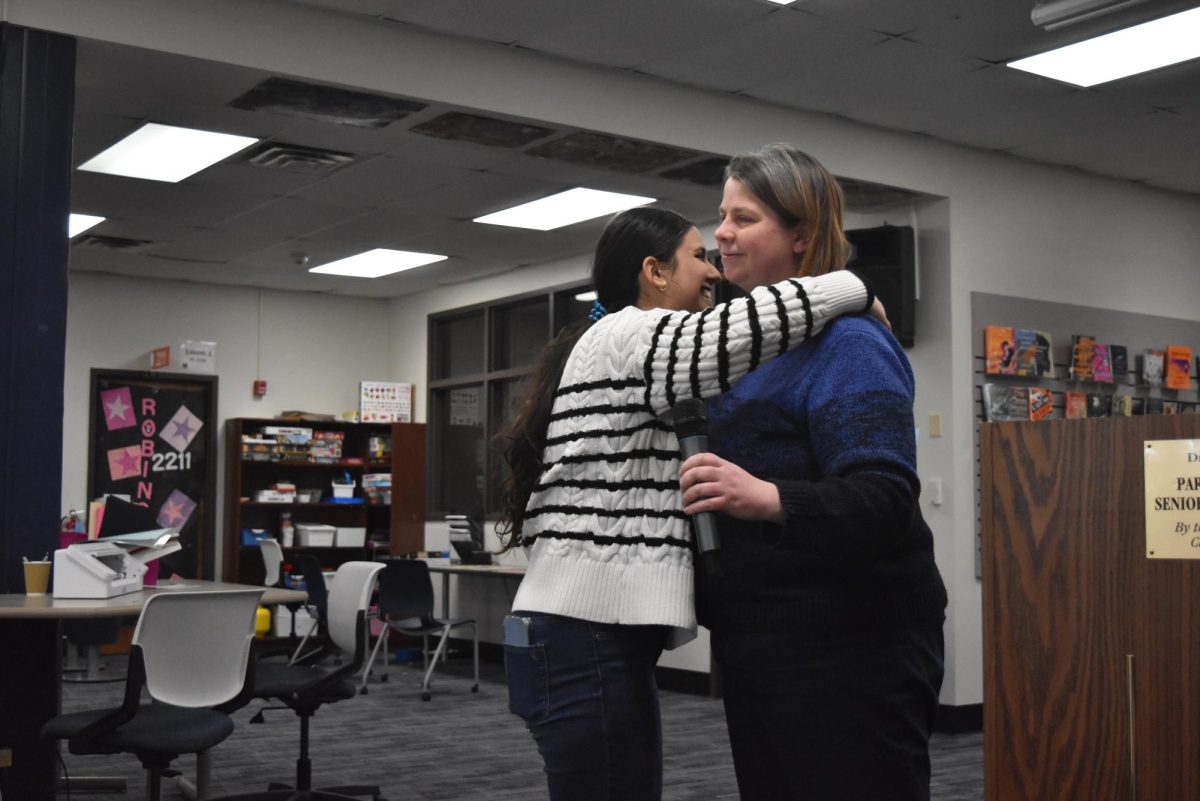
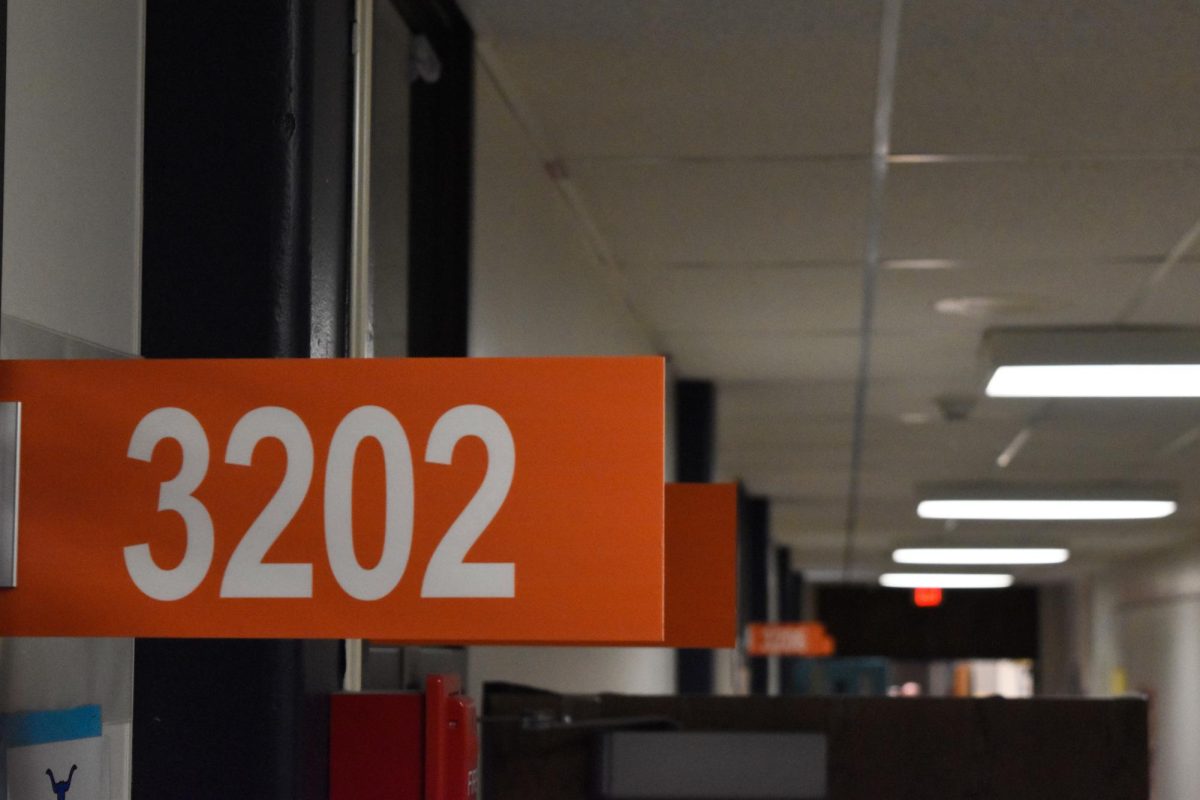
![Smiling widely, Principal John McCabe congratulates English teacher and English Department head Shannan Cremeens on winning the 2023-2024 Teacher of the Year title. Sophomore Cooper Oswald was a witness to the celebration. “We were all pretty excited. We were all clapping and standing up. We even [got to] take a picture with her,” Oswald said.](https://pwestpathfinder.com/wp-content/uploads/2023/12/TOYvertical-1200x954.png)
![English teacher Leslie Lindsey smiles for a photo behind her desk. Growing up, Lindsey participated in many things outdoors, learning life skills that she still uses today. “I loved fishing and was never grossed out by it. I could get my hands dirty and spend time outside; even when it was cold, I didnt care. Fishing takes a lot of patience, and that is [now] a virtue of mine because I have great patience that translates into my classroom,” Lindsey said.](https://pwestpathfinder.com/wp-content/uploads/2024/04/IMG_6632-1-e1712758336310-1200x983.jpeg)
![Each year, as temperatures start to rise, students await the coveted spring break, a week-long vacation taking place from March 16-24. Students and staff appreciated the respite from school and the sunny weather that came along with it. “I enjoyed traveling as a way to spend spring break [and] have a last trip with my family before college. I wish spring break was a little longer so I could have spent more time and not have a quick turnaround coming back to school,” senior Norah Rutkowski said.](https://pwestpathfinder.com/wp-content/uploads/2024/04/Spring-break-Shenanigans-1-1200x800.png)
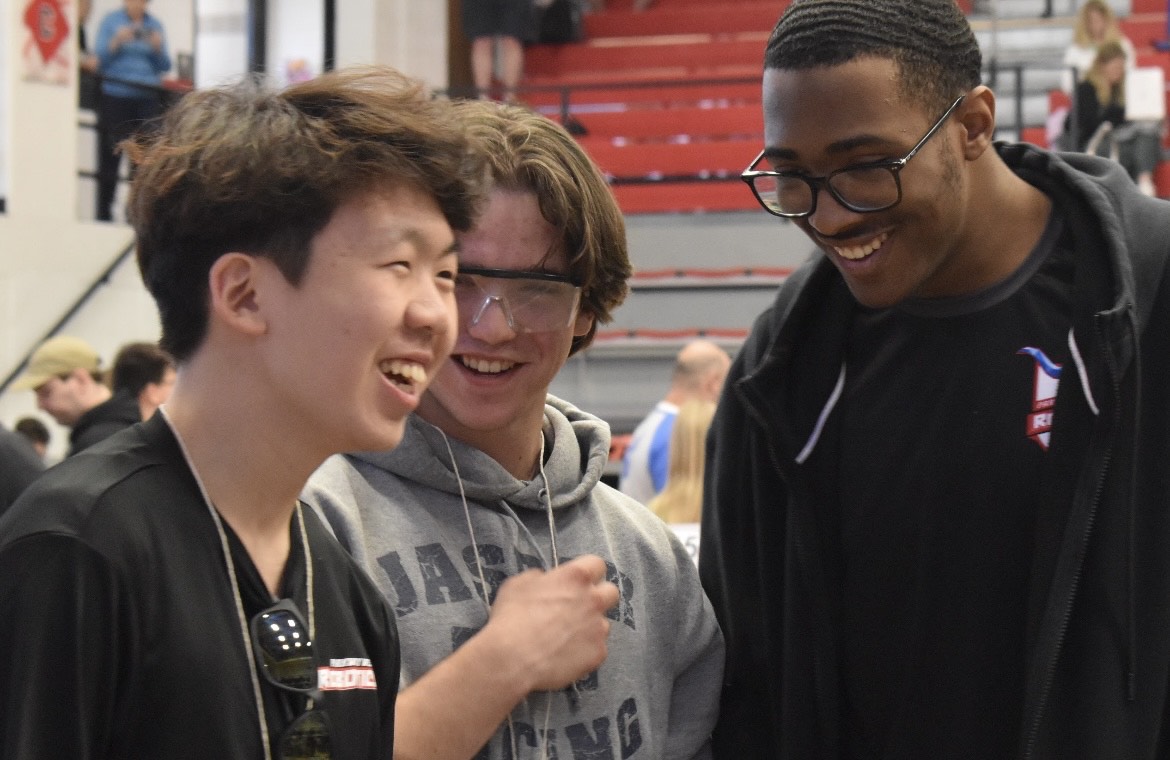
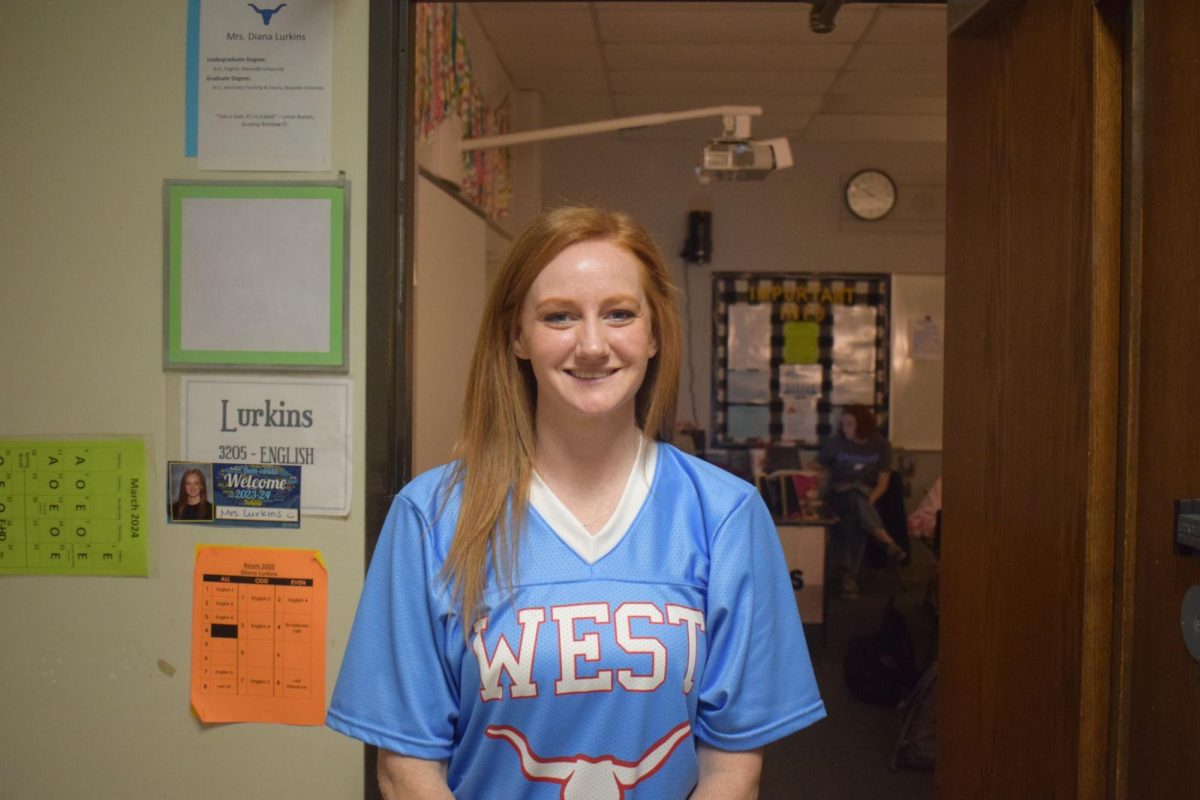
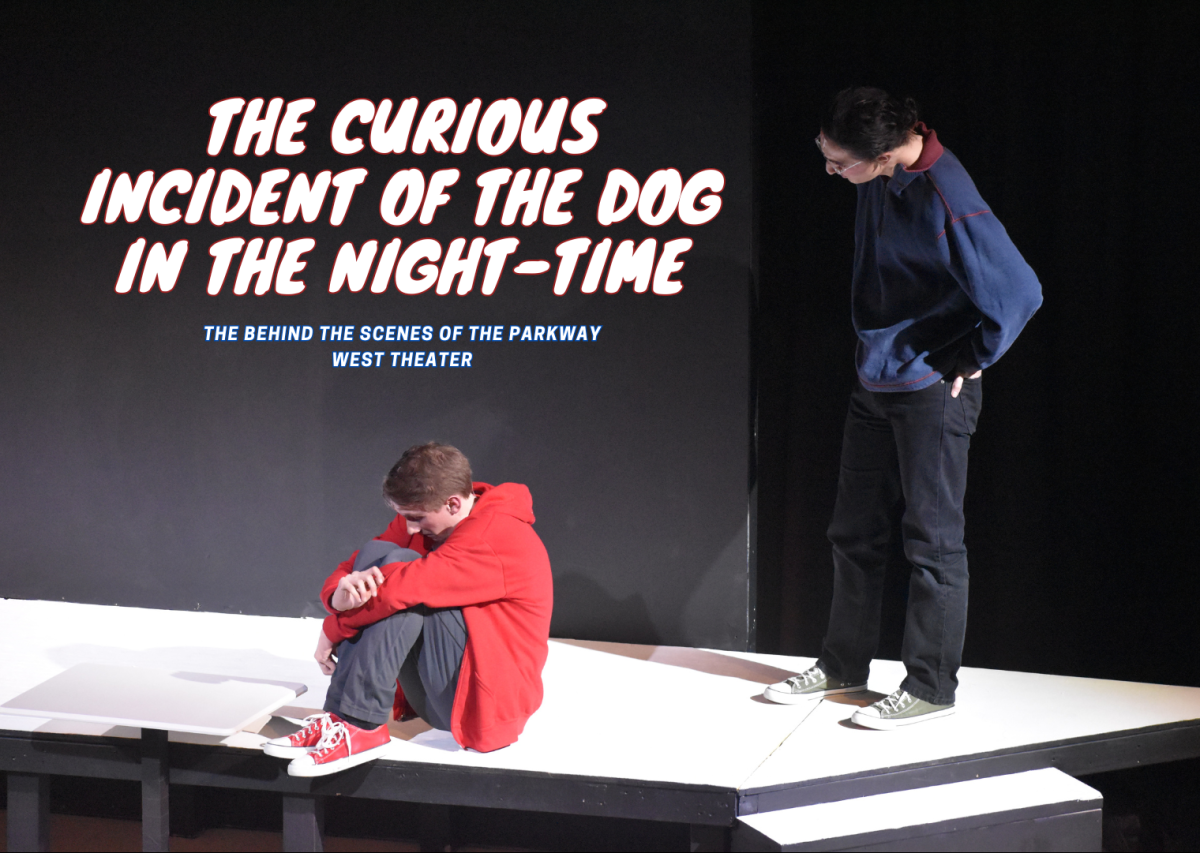
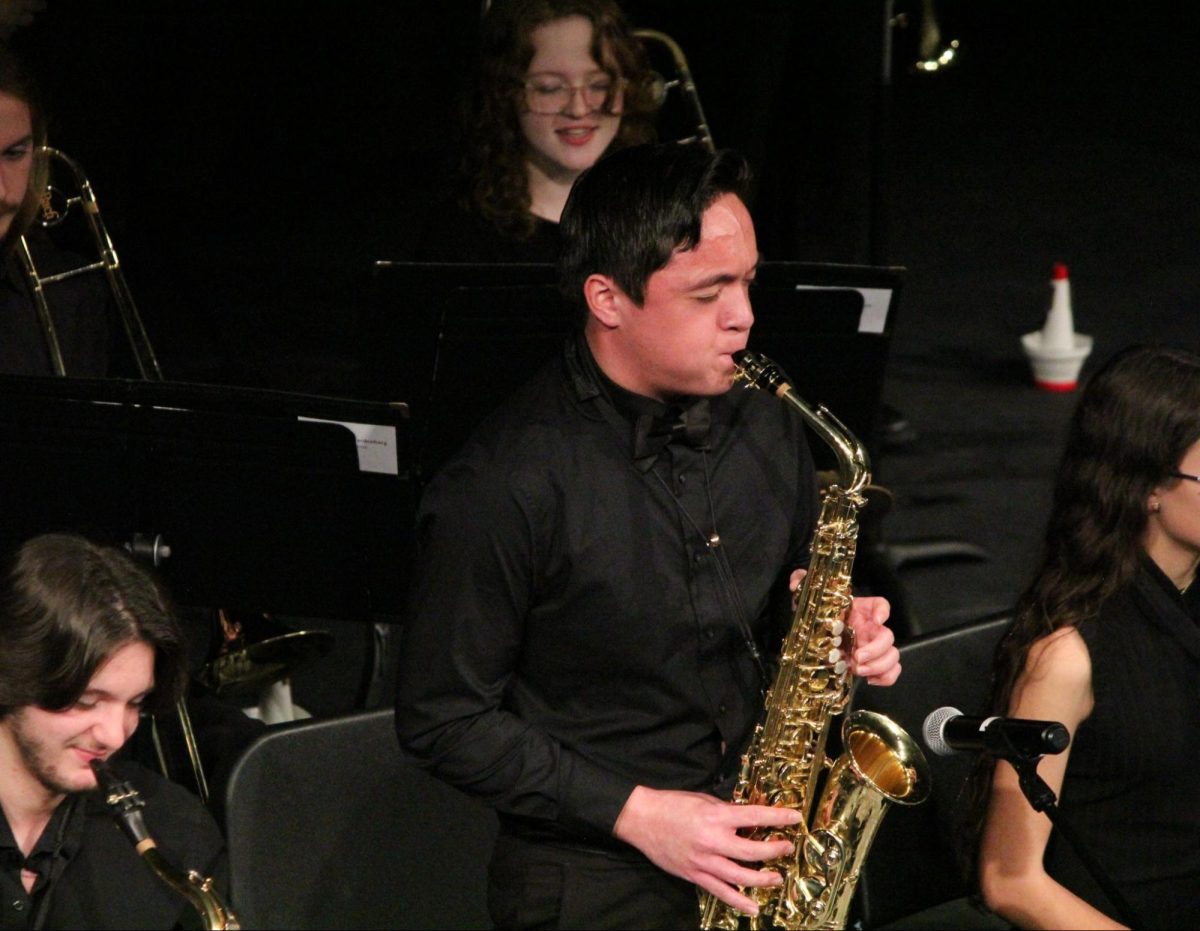
![Senior Dana Zafarani poses in paint reading “Women, Life, Freedom” and “#BarayeAzadi” as a protest against the Iranian government. The experiences of Iranian women inspired Zafarani to assist in any effort to protect women’s rights. “The world should live in peace. Every woman deserves to be equal. Every woman deserves love [and] kindness,” Zafarani said.](https://pwestpathfinder.com/wp-content/uploads/2023/11/Screenshot-2023-10-31-12.54.47-PM.png)
![Business and personal finance teacher Evan Stern stands in front of his classroom. After facing hardships growing up, Stern learned how to deal with them with the help of role models like his dad. “We dealt with some trauma when I was in middle school, and my dad had to be responsible for all three of us while he was working full-time. I know he had to sacrifice a lot. Im sure it was really hard for him, but looking back on it, he did a really good job . I didnt appreciate everything that he did at the time because I was so young. Now, Im engaged and probably going to have kids of my own in the next couple of years so I [am starting] to look at things differently,” Stern said.](https://pwestpathfinder.com/wp-content/uploads/2024/02/Untitled-7-1200x900.jpg)
![Holding his two smiling daughters in his arms, Principal John McCabe celebrates earning his doctorate degree. He attended Maryville University for two years and reached his goal of achieving a Doctor of Education: Educational Leadership degree after months upon months of hard work and long nights. “Im not going to lie, Im glad I have another night of my life back when Im not at school till very late,” McCabe said. “I can spend more time with my family and with my friends [who] are here at [West]. Im really happy about that.”](https://pwestpathfinder.com/wp-content/uploads/2024/01/mccabefeature.png)
![Art teacher Katy Mangrich sits in her classroom, smiling for a picture. During her time in high school, Mangrich learned several lessons that she now passes on to her son. “The biggest life lesson that I learned is honesty. I wouldnt say I was the best teenager, but I learned very quickly in high school to always be forthcoming and honest with my parents because it always ended up serving me better in the long run. [My parents] might have been upset with me [and the mistake I made], but I wasnt going down the rabbit hole of a lie because that was just going to get me into more trouble,” Mangrich said. “I passed [that lesson] along to my nephew. Honesty is always your best approach; just don’t lie. I say that to my son all the time. Theres no advantage to lying, [and] thats a huge takeaway [from] how my parents raised me.”](https://pwestpathfinder.com/wp-content/uploads/2024/01/Screenshot-2024-01-26-10.10.12-AM.png)
![Social studies teacher Aaron Bashirian smiles in front of his classroom. Bashirian didn’t know he wanted to be a teacher from early on, but he found the choice to be a good one. “I started [teaching] because there was an opportunity for me to experiment with it. Fortunately, [teaching] was a good choice. In 2012, I became a teacher at Parkway at the Alternative Discipline Center, which is where they send suspended kids to keep being educated if they choose. I spent six years there and then I got drafted to West, [where] Ive been for about six years,” Bashirian said.](https://pwestpathfinder.com/wp-content/uploads/2024/01/Untitled-35-1200x800.jpg)
![English teacher Angela Frye stands behind her desk in her classroom. Frye went through a lot of personal struggles to get to where she is today, and with each step in her life, she carries her gratitude for those obstacles. “Everything happens for a reason. I believe in [the concept of] good energy, good karma, [from] being a good person. Those are things I dont take lightly. [Struggles] build character. You really appreciate everything you have when you have to work for everything you have,” Frye said.](https://pwestpathfinder.com/wp-content/uploads/2023/11/Untitled-8-1200x800.jpg)
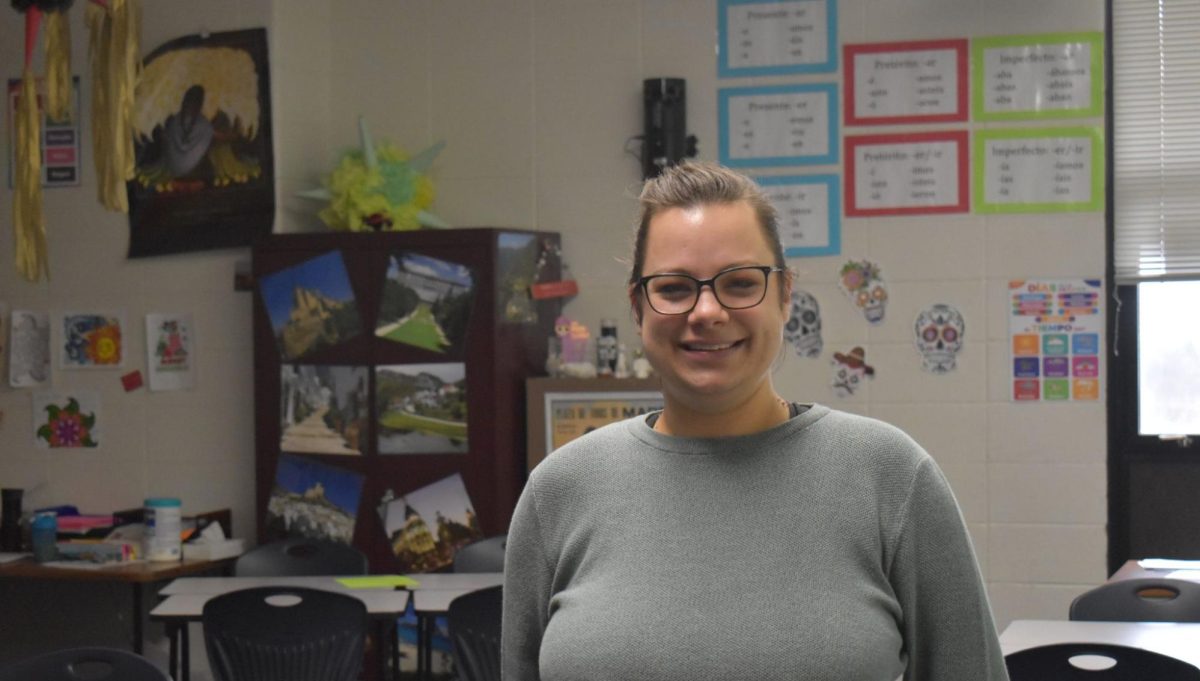
![The celebration of Women’s History Month, originating in 1987, marks an annual acknowledgement of women’s contributions to various fields of work. However, many female revolutionaries remain underrepresented in our history books, oftentimes overshadowed by male counterparts who could reach a greater audience because of their status. “Back then, women didnt have the voice that we do now, [but] their actions gave us the voice we have today to be able to speak up. Now, we share information to show how far we came from,” Black Student Union member and sophomore Jariyah McCalister said.](https://pwestpathfinder.com/wp-content/uploads/2024/04/feature-photo-unsung-4.png)

![Celebrities are inescapable in our day-to-day lives, constantly reminding us of whatever is newest in their lives. And for us on the receiving end, we find ourselves devoting time and effort to vie for just the tiniest sliver of their attention. “[Taylor Swift] is my favorite celebrity, and to me she means someone who is kind, smart and caring,” junior Swati Kumar said. “I feel connected to her and her music; I listen to her everyday and I find [her] very relatable.”](https://pwestpathfinder.com/wp-content/uploads/2024/01/Parasocial-1.jpg)
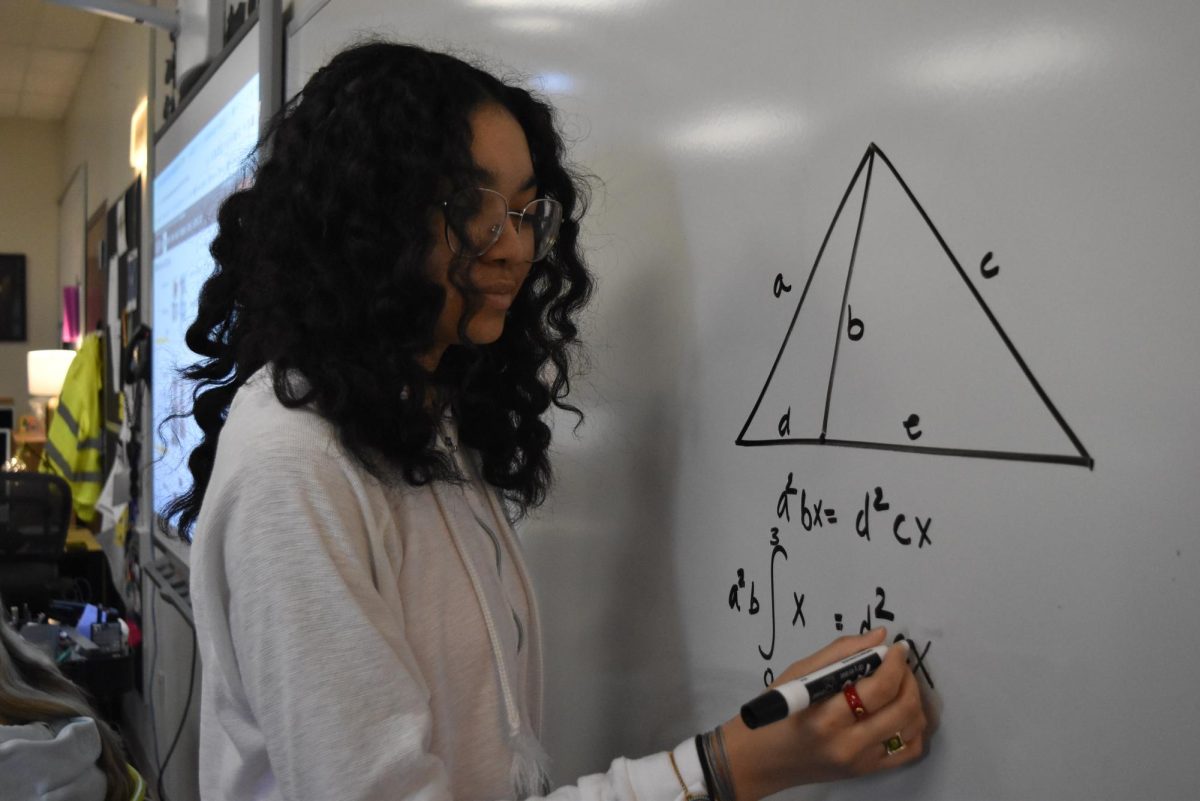
![January 2024 marks over seven decades since the publishing of “The Bell Jar.” In those seven decades, the novel has opened the eyes of countless women to the unfair treatment they’ve faced, particularly being percieved as nothing more than mothers and the consequences that arise from that. “To my knowledge, [“The Bell Jar” was] one of the earliest novels that explores a womans mental health and inner journey and allows her to go through struggles and make mistakes without vilifying [her]. Shes ambitious yet flawed and unsure how to proceed, like [many] women at the beginning of the 1960s. My mom was born in 1950 and grew up hearing that if she wanted to work, she had three choices: nurse, secretary and teacher. It was a brave new world when she found out there were more options. But that also comes with fear and anxiety and the judgment of others. Sylvia represents that journey,” French teacher Blair Hopkins said.](https://pwestpathfinder.com/wp-content/uploads/2024/01/Mother-26.png)
![In the 1950s, the first recorded spikes in global temperatures were recorded, and ever since, Earth has been in the midst of a disastrous climate crisis, as rising temperatures wreak havoc on susceptible regions and destroy animal habitats worldwide. Junior Nidhi Pejathaya helped found West’s Sustainability Council to create a space where students can educate themselves about climate change and do their part to preserve the environment. “When youre going out of your way to recycle [or] reuse your clothes to save water, youre saving people. Youre saving adults, youre saving families, youre saving children. Youre saving a whole generation. Just because we dont see it doesnt mean its not happening,” Pejathaya said.](https://pwestpathfinder.com/wp-content/uploads/2024/04/new-editorial-feature-1200x800.jpg)



![For the past three years, Parkway has administered high school finals after winter break, a practice that proves to be detrimental to the success as well as the mental health of students. With finals after break appearing to do more harm than good, the question of what changes can be made arises time and time again. “The pressure for finals is difficult, and to have that [pressure for] a few weeks because youre on [a] break can make you generally sad. Its a bummer in general. I wish [finals] were before break, so we [could] have a break to sleep, celebrate and not study. Everyone Ive talked to about it is like yeah, finals sucks, and I wish that wasnt a thing,” junior Meadow Kostial said.](https://pwestpathfinder.com/wp-content/uploads/2024/01/decembereditorial-1200x963.jpg)






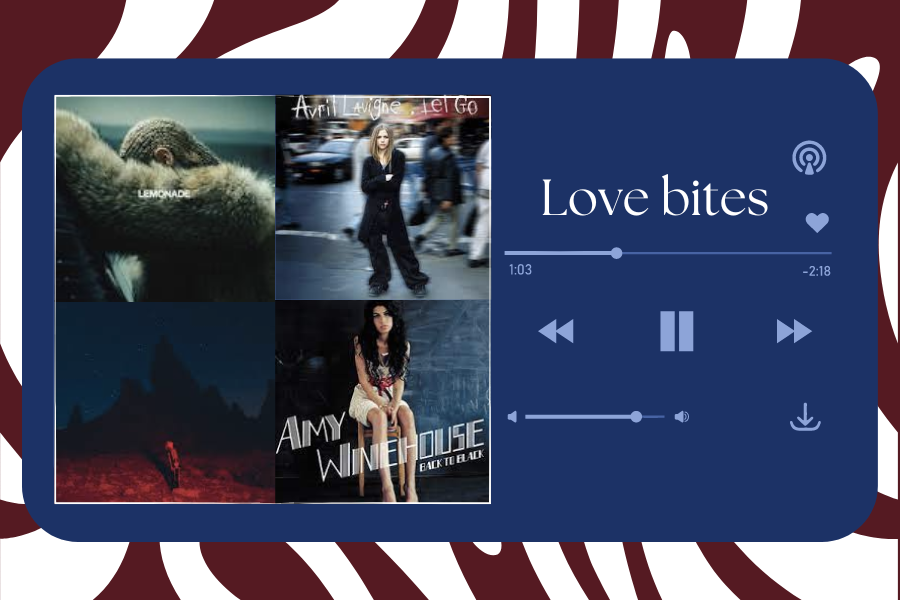
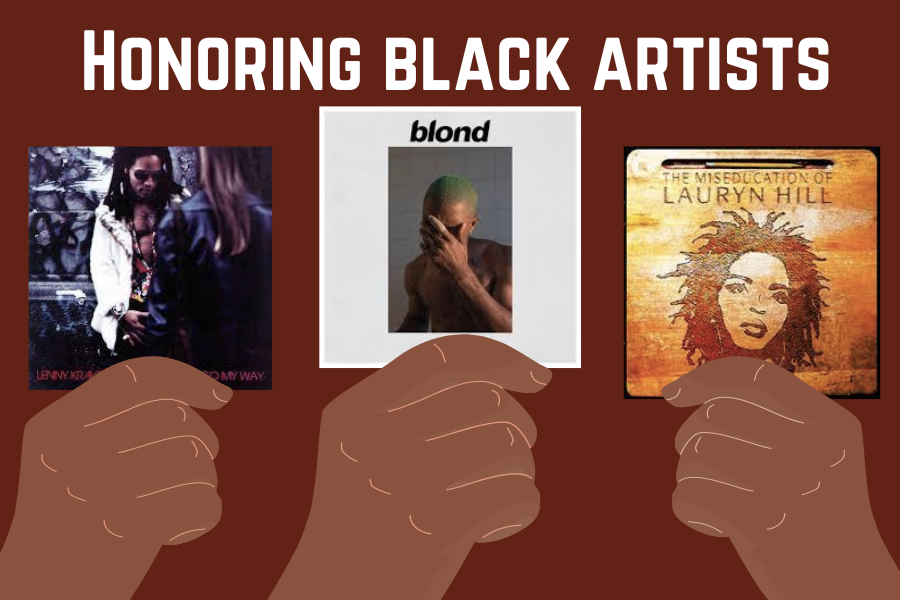




![2023 was defined by female vocalists such as Miley Cyrus, Taylor Swift and Paramore’s Hayley Williams as their diversity and talent amongst their respective genres topped the musical charts. Williams took to Instagram to show her gratitude for having owned the No. 1 spot on Billboard’s Top 100 chart. “We know enough by now to know success doesn’t equal value. That being said, to experience the [No. 1] on this album, as this version of Paramore, is such a sweet and surreal moment to celebrate together,” Williams wrote.](https://pwestpathfinder.com/wp-content/uploads/2023/12/2023-A-Musical-Recap-2.0-1.png)

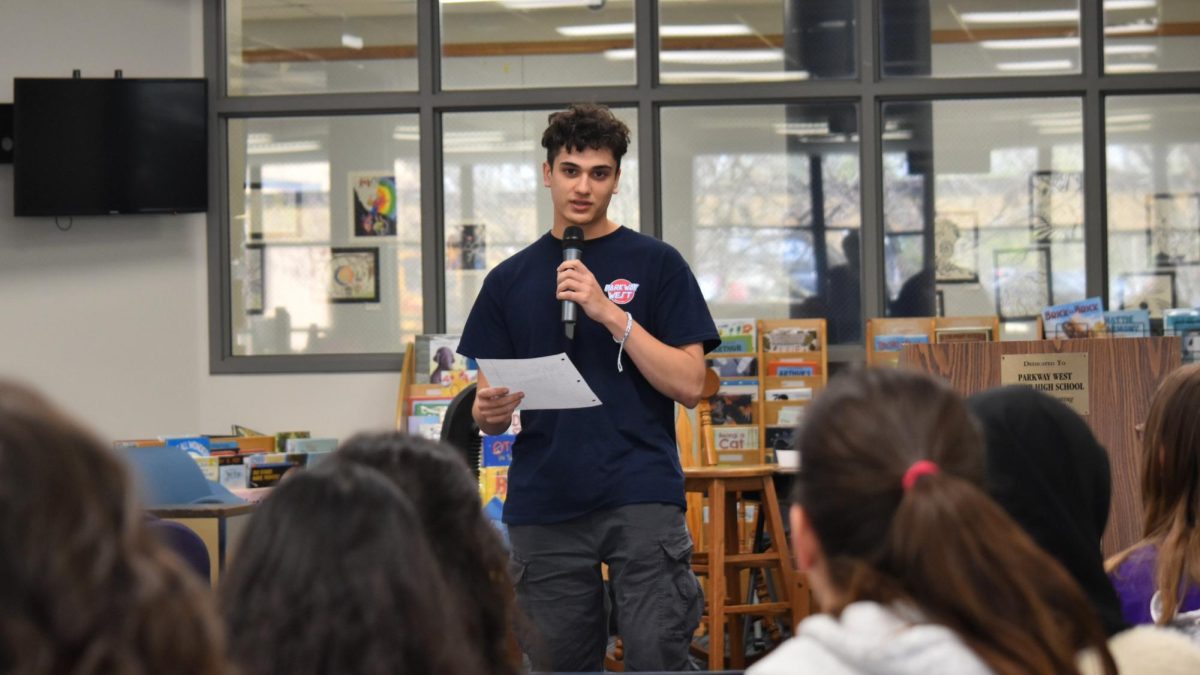


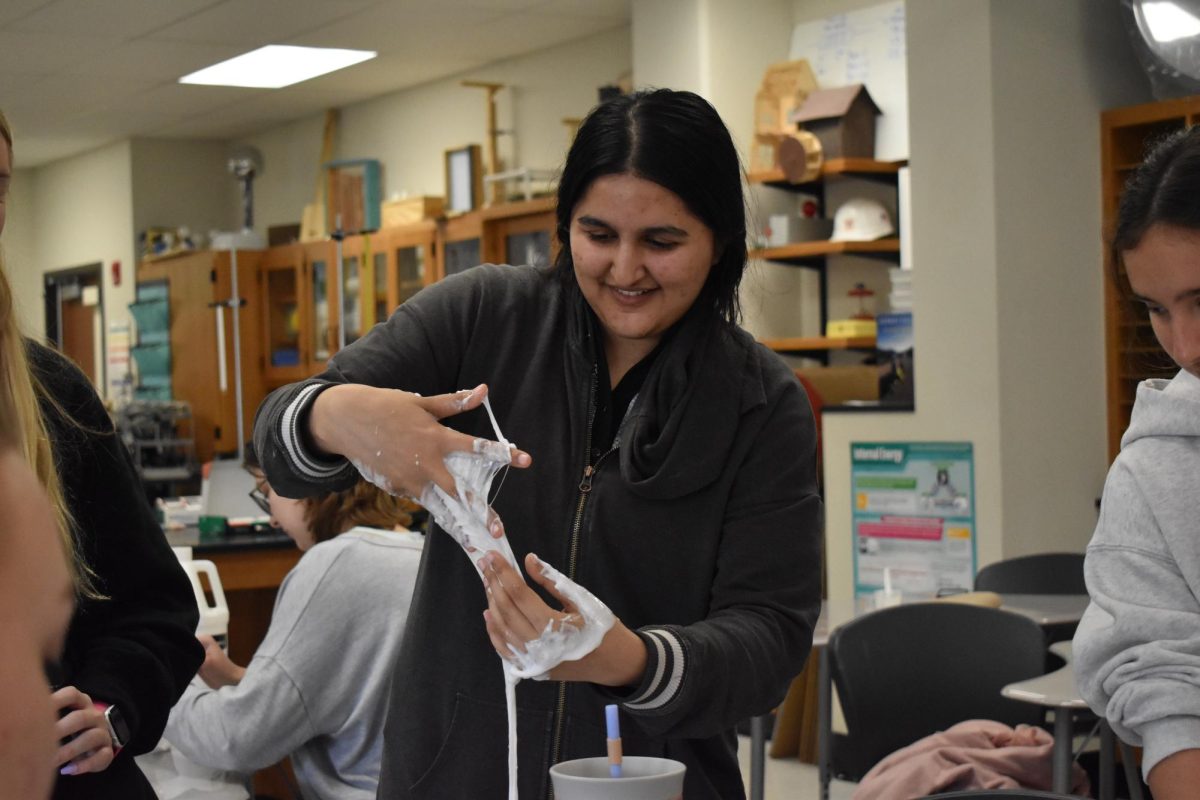

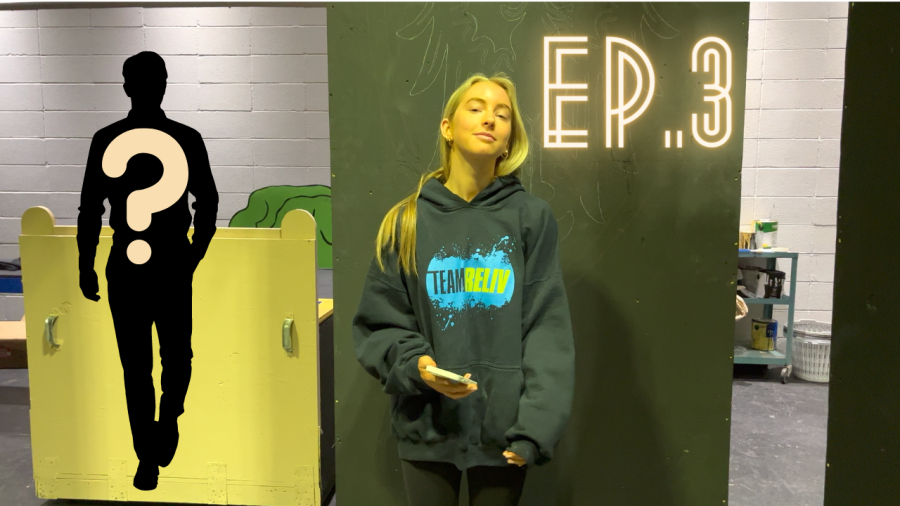
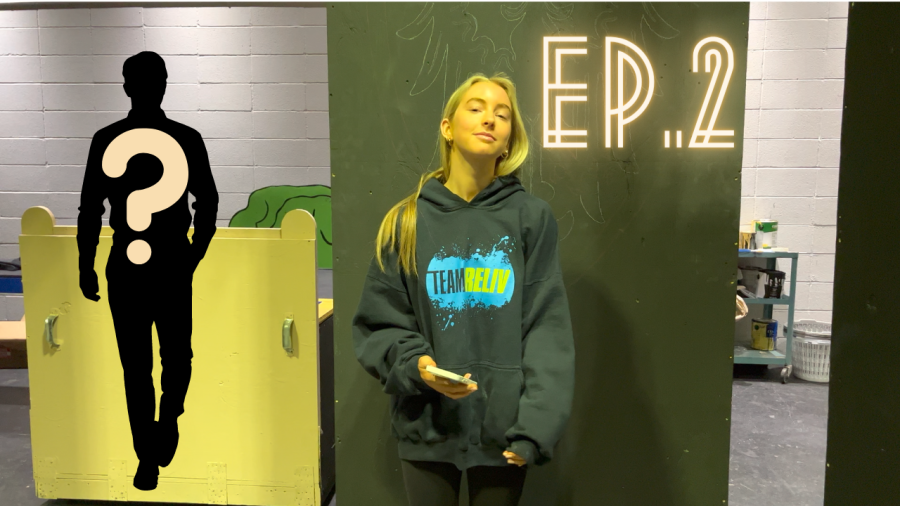
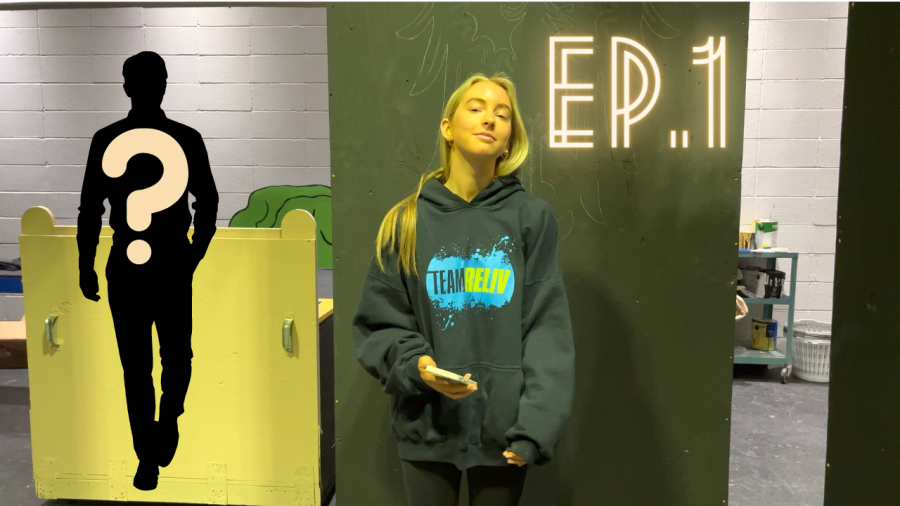

![In perfect shooting form and with eyes on the rim, junior Tyler Kuehl is about to shoot his next basket in the last game of the season against Marquette High School. Kuehl has been playing basketball since he was 5. “Even though I played basketball all my life, the game-winning shots can be pressure, its confidence. If youre going into that shot and not thinking that youre gonna make it, its obviously not going in. And if you believe, [it will]. Thats the only way you can succeed,” Kuehl said.](https://pwestpathfinder.com/wp-content/uploads/2024/01/unnamed-32-1-1200x1200.png)

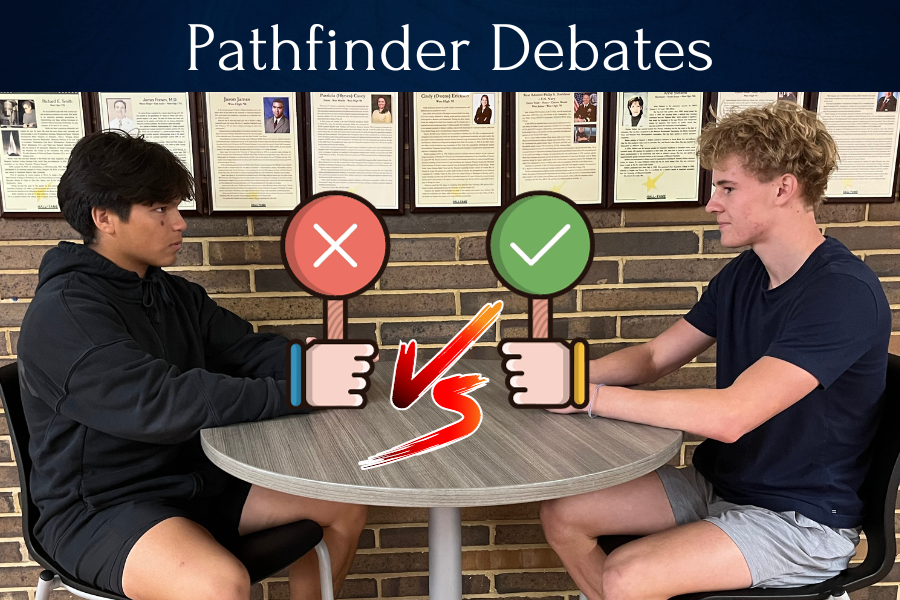

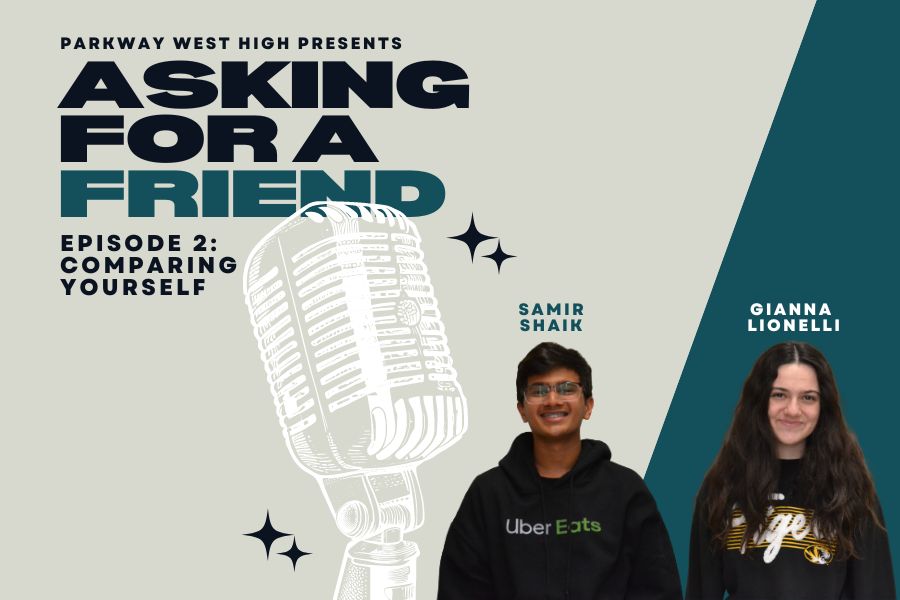

![“Sometimes I feel like Im not good enough and that I can never get better. I’m still overcoming this [feeling]. I keep pushing myself everyday [to be a] better [runner] even when I might not be the best at it. I also see how hard the upperclassmen work and that motivates me to do better. A varsity cross country runner once told me that even when you feel pain, you can run through it. Because of that, I push myself, [and] see myself improve. After a meet, I feel accomplished and [as though] I’ve worked hard. I feel like I can do better at running if I keep practicing. [How I run] depends on how I think. If I think I cant run — I cant run. I [motivate] and tell myself that Im a fast runner and everyones going to [surpass their personal record]. My biggest accomplishment so far was improving by 10 minutes on my 5K run. [It’s when I finally realized that] I am better than I thought I was.” Mahiya Pallipat, 9](https://pwestpathfinder.com/wp-content/uploads/2024/04/DSC8837-copy-2-1200x800.jpg)
![“My [favorite] hobby is running. I have been [a member of the] the cross country and [the] track and field team. [I also enjoy] tinkering [and constructing] random things. Everybody on our team knows about [the complications I had because of my] back. I had [a snag from my regular hobbies after going] through a surgery back in 2022; it took a lot out of me. I couldnt run for four months, and I was really out of shape [when] getting back into cross country. It was really hard for me. I would say a lot of [my inspiration has come from] my dad to be honest. Hes the one who has pushed me to improve every day [in] every single [aspect]. Hes the one who taught me how to be responsible, manage my time well [and] be consistent. [It’s the] same with running; Im consistent and I try to work my hardest in order to get better every day. A lot of [my growth] has been tied to running because I have been so involved, but I feel like I’ve become a lot more social with people. Ive become more dedicated to the things I like. [During practice], Im starting to [run] with faster groups now. [I’m] able to keep pace with [people] who [I] didnt used to before. I [am] definitely most proud of my recovery [after] my surgery. It did take me four months to be able to run again, but after that, I really bounced back. I have improved a ton and Im really proud of that.” - Ragsy Muralidharan, 12](https://pwestpathfinder.com/wp-content/uploads/2024/04/RagsyMuralidharan_12-1200x800.jpg)
![“The first memory that comes to my head is when everyone starts doing the longhorn rumble when we call [out to the audience], they stomp and clap with us along to the beat of the cheer. I [started to appreciate cheer] when I got to high school. [At first], I did it for fun in middle school just to say that I [had a hobby]. When [I got to] high school my coach appreciated me and [listened to] my opinions. It really made me fall in love with the sport again. My favorite thing about cheer is the friendships that I get from it. [I] get to see the people I’m with all the time because [we] have practice [together often]. Especially during football season [is when I get to] hang out with [my teammates] every day. The people I met through cheer and got close with this year make me [want] to continue cheer. [I also got closer with] the people on [the] varsity team and [was able to gain friendships] through that. I am happy [that I get to] cheer with [everyone] next year. It [urges me to] keep going. The cheer community is fun because everyone just understands each other. Were all very similar [and connected] in ways and its like a tight knit family.” Alyssa Gessner, 9](https://pwestpathfinder.com/wp-content/uploads/2024/04/DSC_0063-1200x800.jpg)
![“Im passionate about volleyball. Ive been playing for six years. I play it because I like the way that, [even though,] its a team sport, its also focused on [a person] individually; especially in my position since Im the back row defense where the ball can hit me. Its [up to] me, I can’t blame anybody else. I like how its very focused on [the] performance and how well [I] react to how the other team plays. The way I play really matters to me because it’s a team sport and I dont want to let my teammates down.” Emma Barton, 9](https://pwestpathfinder.com/wp-content/uploads/2024/04/image1-1200x800.jpg)
![“Im very passionate about debating, [which is why] I am [a member of the] speech and debate team. I like how it offers opportunities to speak [from] viewpoints on different opinions with people outside of our group from other schools around our communities. I usually participate in public forum debates [and] the topic [we speak about] changes every month. One debate that I was most invested in [took place in] February; which was [about whether or not] the US federal government should ban all single use plastics. I feel like I spent the most time working on this case [than any other discussion], and I was determined to make it into finals. I hold competition very dear to me. I have only gone to two tournaments so far, but Ive already made it into the finals. [Finals are important because], I think it really shows how much growth and [effort you’ve put in through the battle].” - Bethany Liao, 9](https://pwestpathfinder.com/wp-content/uploads/2024/04/Bethany-L-1200x800.jpg)

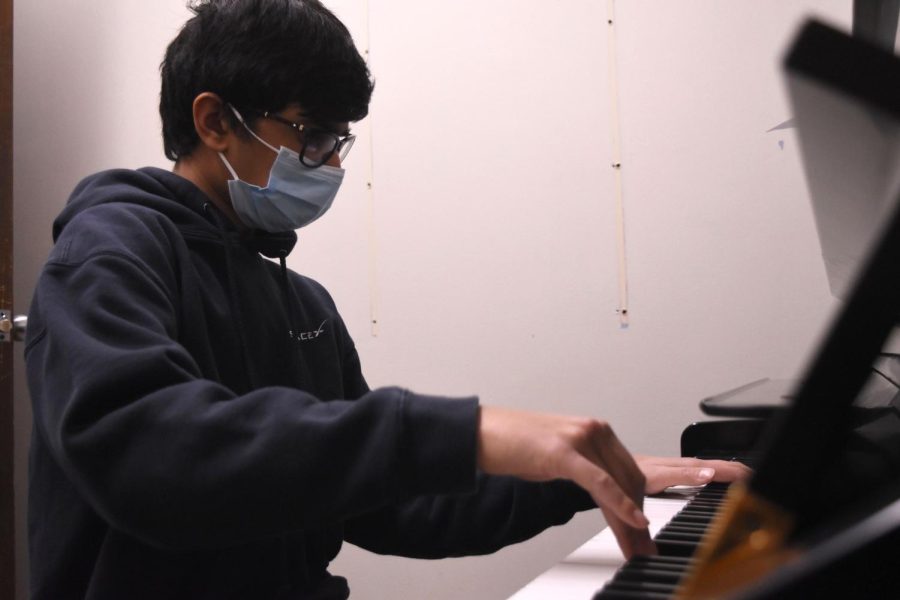
![On Friday, a night full of celebration kicked off in a flood of green in honor of former 2023 graduate Jaydon Woodall. Athletics director Jeff Taggart took the night as a moment to reflect on Woodall and the impact he made. “The fact that we have that option to bring more awareness to [organ donation] and how we can save somebody elses life down the road, to the idea of being an organ donor like [Woodall] is worth everything. Coming together as a community says a lot about how much he means to us,” Taggart said.](https://pwestpathfinder.com/wp-content/uploads/2023/10/image1-1200x800.png)
![Freshmen Cole Barton and Preston Priest make origami flowers during free time in their Drawing 1 class. Both gained an affinity for origami through the internet and further practiced this art under the guidance of West High Drawing 1 teacher Kat Briggs. “Their origami pieces are especially intricate. Both use multiple small pieces of paper that fold and interlock, enabling their sculptures to move and also simulate textures. They also use very precise folds, and I appreciate the careful craftsmanship that [goes] into their art,” Briggs said.](https://pwestpathfinder.com/wp-content/uploads/2023/10/DSC_0019-2-copy-1-1200x800.jpg)



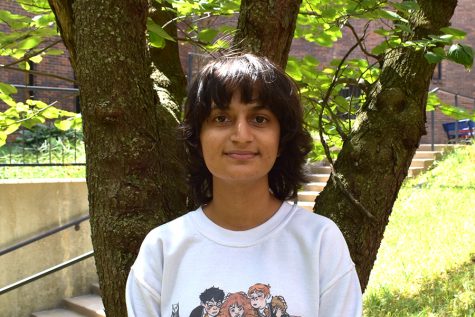
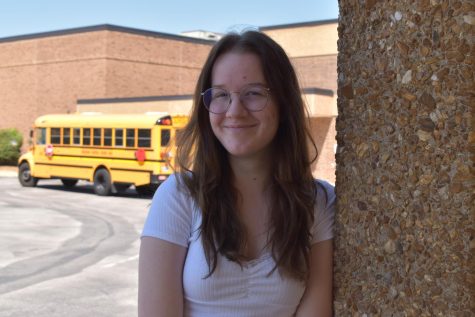

Kat Briggs • Feb 17, 2022 at 3:02 pm
This is a thoughtful, well written article. Nice work, Tanvi! I also appreciate you sharing his beautiful music.